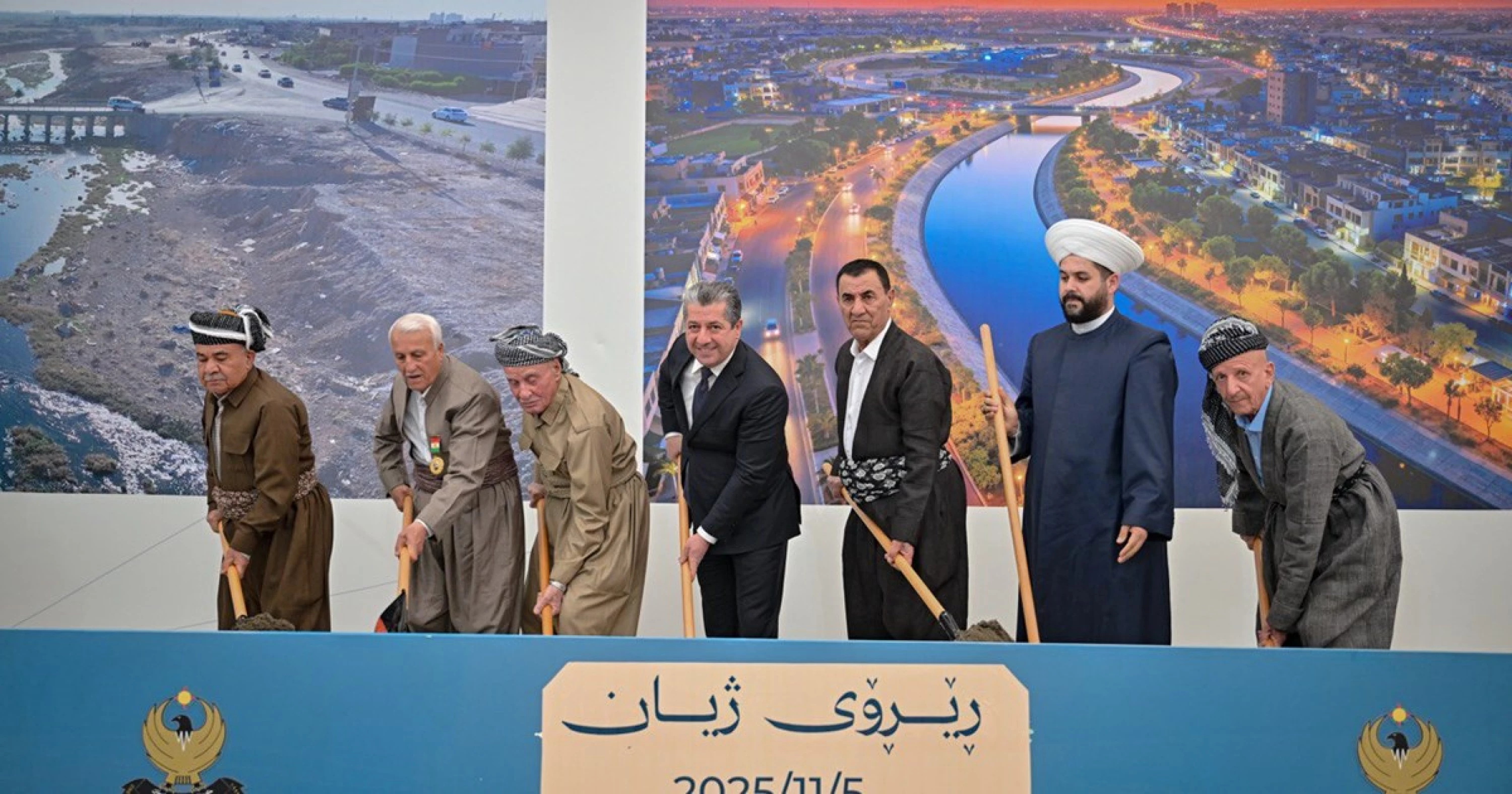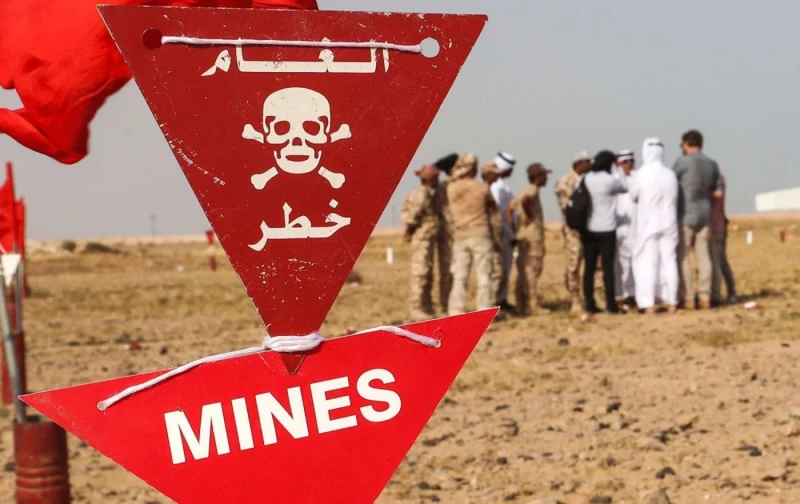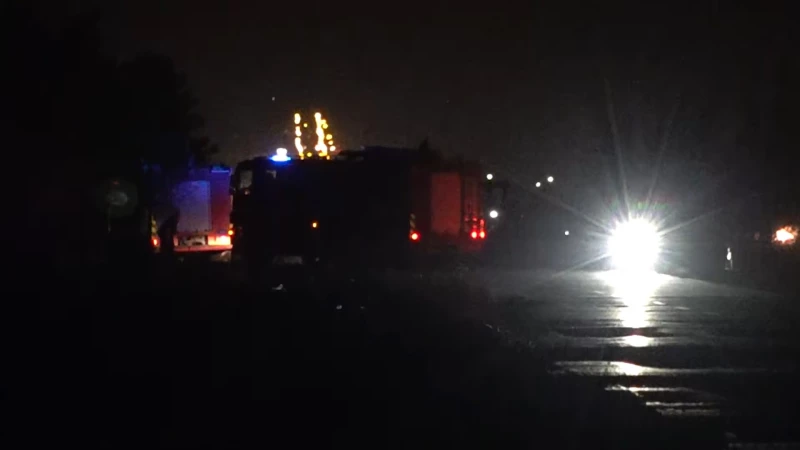ERBIL, Kurdistan Region of Iraq – Kurdistan Region Prime Minister Masrour Barzani on Wednesday laid the foundation stone for the Life Corridor project, which seeks transform sewage collection sites in Erbil into a renovated area with plentiful services and eateries in a bid to attract tourists.
In a speech before the ceremony, Barzani stated that the project “will definitely be beneficial in various ways to the further improvement and development of Erbil, especially in terms of tourism.”
The project entails removing dry plants that have grown in the area as a result of the wastewater flowing through the collection sites, installing a retaining wall, planting trees, and treating water and sewage.
Spanning 25 kilometers, the area is set to feature restaurants and cafes along its length, transforming it into a major tourist attraction.
The premier further asserted that the initiative, among many other projects that have been implemented in the province, will turn Erbil into “one of the most important tourism destinations in the world.”
“What makes me glad is the creation of this trust between people and their government and the healthy relations between the government and the private sector,” he added.
On the sidelines of the event, Barzani told reporters, “We hope to continue [providing services], with the support of the beloved people of Kurdistan and the trust they have placed in us.”
“We chose the name Life Corridor because this project will transform a dead and neglected area, which was a source of disease, waste, and bad smell, into a place where life flourishes,” Barzani said in a statement earlier on Wednesday.
“This is a corridor for clean water, for green growth, and for social activity of citizens; In other words, it is a corridor to a healthier and happier life,” the statement concluded.
The premier in late October inaugurated the Erbil Green Belt, a major KRG environmental initiative to expand green spaces and protect the city from unchecked urban development.
Once completed, the belt is expected to remove up to 210,000 tons of carbon dioxide per year, according to the KRG. It will also curb harmful pollutants and serve as a barrier against desertification, dust storms, and rising temperatures.



 Facebook
Facebook
 LinkedIn
LinkedIn
 Telegram
Telegram
 X
X


